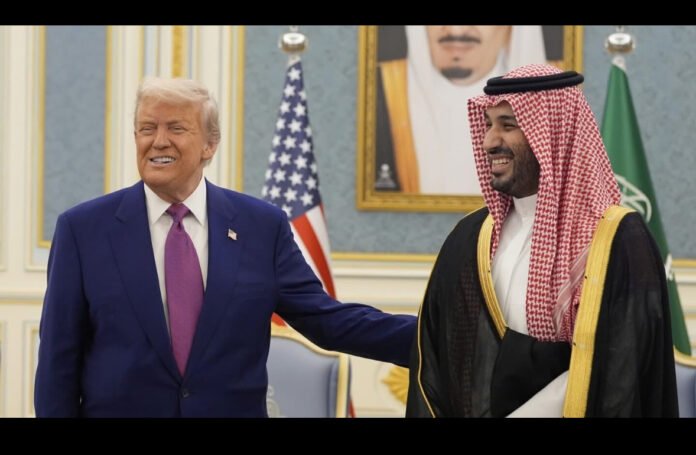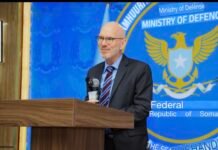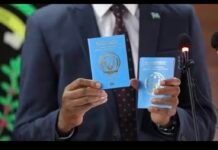WASHINGTON, (HAN) — Former U.S. President Donald Trump has said that more Arab nations are preparing to join the Abraham Accords, signaling a potential new wave of normalization between Israel and the Arab world.
Trump, who brokered the original accords during his presidency in 2020, made the comments during a recent interview in which he emphasized Saudi Arabia’s “central and historic role” in shaping Middle East diplomacy. He said that Riyadh’s decision to formally recognize Israel could lead to a domino effect, encouraging other Muslim and Arab countries to follow suit.
“When Saudi Arabia joins the agreement, everyone else will follow,” Trump said. “It will mark a great transformation in the Middle East and a step toward lasting peace.”
The Abraham Accords were first signed in September 2020, establishing diplomatic and economic relations between Israel and the United Arab Emirates (UAE) and Bahrain. Later, Sudan and Morocco also joined the U.S.-brokered framework, ending decades of non-recognition and opening direct flights, trade links, and security cooperation with Israel.
Trump hailed the accords as one of his administration’s signature foreign-policy achievements, claiming they laid the groundwork for “peace through strength” and regional prosperity. His son-in-law and senior adviser, Jared Kushner, played a key role in mediating the agreements, with support from Israel’s then-Prime Minister Benjamin Netanyahu.
Analysts note that Saudi Arabia’s inclusion would represent the most significant expansion of the accords since their creation. As the largest economy in the Arab world and the custodian of Islam’s two holiest sites, the kingdom’s participation would give the accords unprecedented legitimacy across the Muslim world.
However, Riyadh has maintained that it will not normalize ties with Israel until progress is made toward a two-state solution with the Palestinians. Despite that stance, quiet diplomatic contacts between the two countries have increased in recent years, particularly on security and intelligence matters, amid shared concerns over Iran’s regional influence.
Middle East observers say Trump’s latest remarks are likely aimed at drawing attention to his foreign policy record as he seeks to return to the White House in 2025. Still, many diplomats and analysts remain cautious, noting that any breakthrough with Saudi Arabia would depend on complex negotiations involving the U.S., Israel, and the broader Arab League consensus on Palestinian statehood.
The Abraham Accords have been praised by Washington and several Western capitals for fostering regional cooperation, but critics argue they sideline Palestinian aspirations and risk deepening divisions within the Arab world.
If Saudi Arabia were to join, experts say, the move could reshape the political and economic landscape of the Middle East, strengthen a coalition of moderate Arab states, and possibly isolate Iran and its allies — marking what Trump called “a new era of peace and partnership.”





